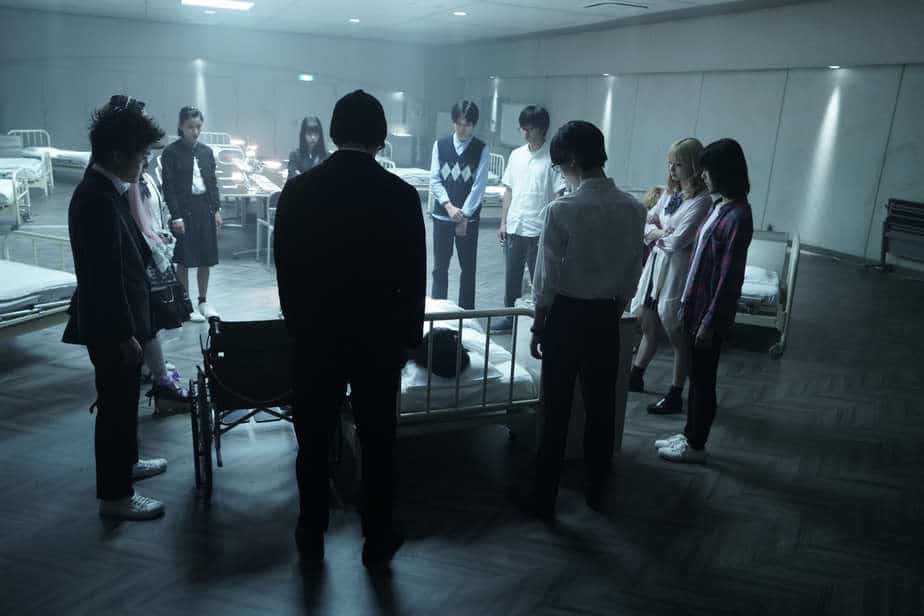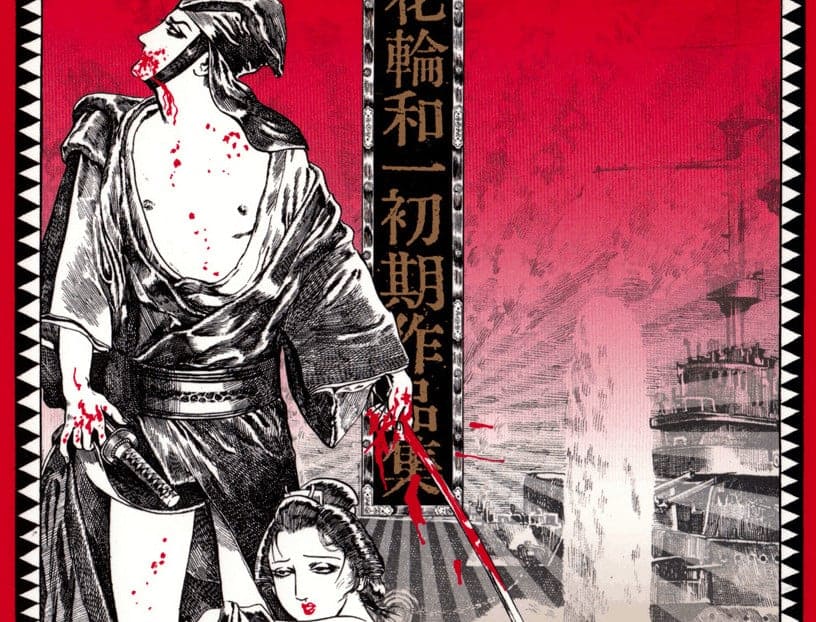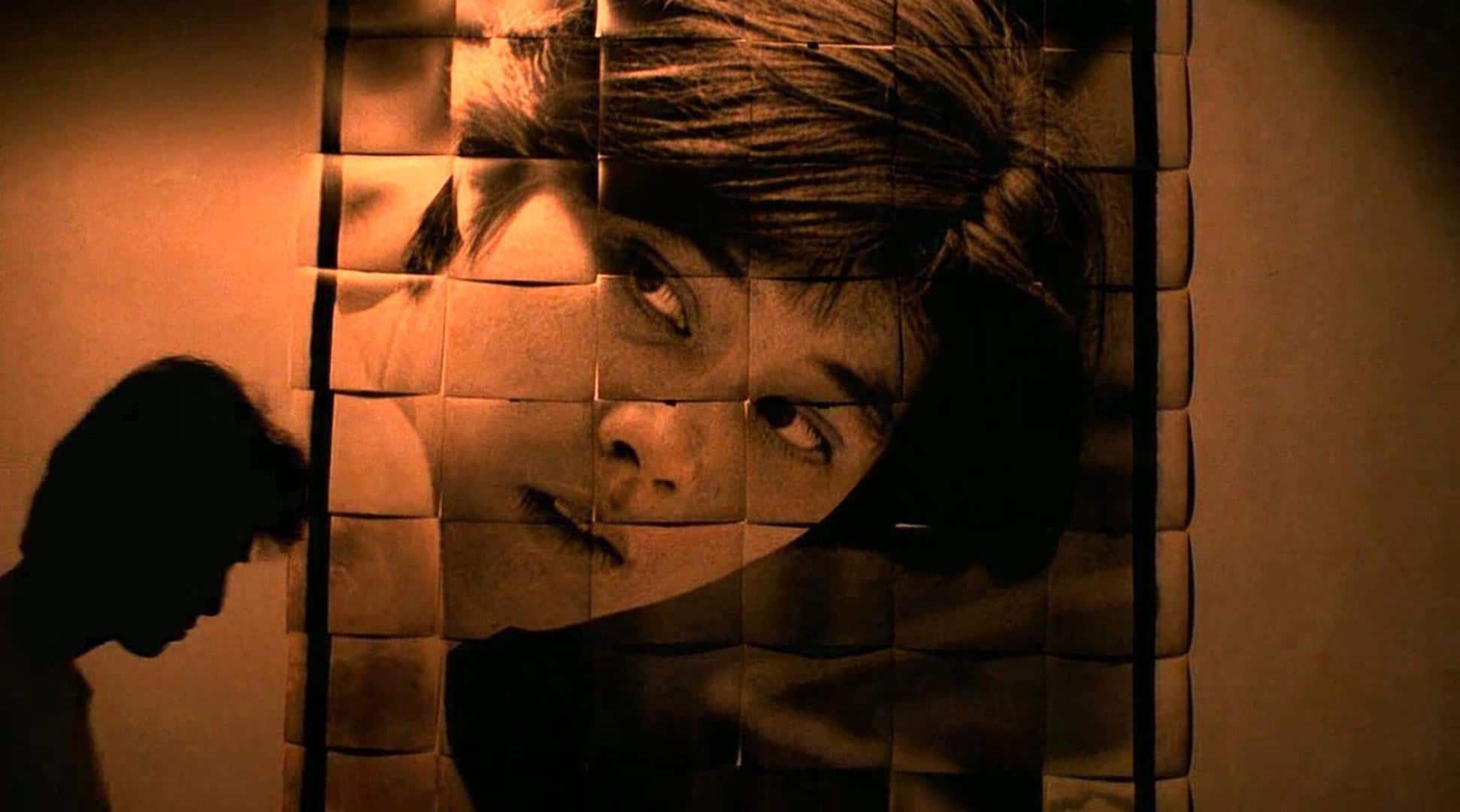Japan still holds one of the highest rates of teenagers suicides in Asia and around the world and there sadly doesn't seem to be any indications of the number dropping any time soon. In fact, 2017 saw a 30-year high in the number of teenage suicides in the country. Director Yukihiko Tsutsumi deviates from his usual big budget sci-fi thrillers and takes inspiration from the namesake book to take a look at the phenomena in his latest film “12 Suicidal Teens”.
“12 Suicidal Teens” is screening at Camera Japan 2019

One by one, twelve teens begin to enter an abandoned hospital at a pre-ordained time. As previously decided, they each pick a token number from a safe and proceed to convene in the basement assembly hall. The assembly hall is decked with a conference table with twelve chairs in the middle of the room, and twelve beds for each of them along the walls. According to plans, they have all gathered here to take part in a group suicide. As pre-agreed, they are all to meet in the hall and once everyone is in agreement to go ahead with the suicide, they would take the pre-arranged drugs and die a peaceful death.
What, however, isn't according to plan is the presence of a thirteenth person in the room, who has evidently either gone ahead with the suicide by himself or has been murdered and now lies on one of the beds. Who is he and how did he find out about this group's plans? Why did he not wait for the others to die with them or who killed him if he was murdered? As some of the group's members begin to question the plan and grow increasingly skeptical, the twelve decide to solve this mystery and go ahead with the ultimate step once everyone's back in unanimous agreement, as planned.

Right from the beginning, the film's suspenseful nature is gripping, helped vastly by Utena Kobayashi's music and Shigetomo Madarame's bleak, blue-tinted cinematography, as the teens begin to arrive amidst mysterious situations. Clues to the overall mystery are scattered all over these happenings, which would make a second viewing of the film quite a different experience to watching it for the first time. Once the twelve have all arrived into the room, we are introduced to all the characters individually as well as to their reasons for taking the extreme step. Here, the film reminds of the Sidney Lumet classic “12 Angry Men”. In fact, the comparison between the two doesn't end there. Like that film, Tsutsumi's film is also mostly set in one location, although it does sometimes leave the room to go to different parts within the hospital. Here, the dissent towards the plan also begins with one voice, that of No. 2 Kenichi, which spreads as they decide upon first solving who No. 13 is before proceeding with their suicide.
For a film that's crammed with so many central characters, it successfully manages to give enough weight and screen time to each one, without letting any feel like unnecessary baggage. The fact that all their individual reasons, though some too petty for such an ultimate step, feel straight out of real-life tells a lot about the lives of teenage in modern society. Unlike most films that tackle a real-life problem, particularly those hailing from Japan, “12 Suicidal Teens” is more interested in being an entertaining mystery rather than the usual hard-hitting social drama. And it succeeds quite competently with its central mystery, which feels fresh and leaves the audience guessing, thanks to its non-linear narrative. Its entirely predictable, hopeful ending doesn't necessarily prove a stumble – in fact, it serves the film's message well – but leaves one wondering if a more daring conclusion might have served the film better.

The young cast is impactful across the table, but with a lot of different actors on screen a lot of the time, it's the ones that have the most to do progressing the story that leave an impression, most notably Mackenyu as Shinjiro, our resident detective, Yuina Kurushima as Meiko and Takumi Kitamura as Nobuo. The biggest surprise, however, is the nearly unrecognisable Hana Sugisagi, with her brooding, angry Anri and her steely gaze proving to be the film's strongest presence.
With a strong social message, “12 Suicidal Teens” is a hopeful film which many of the age of the characters in the film might relate to. It certainly has the potential to, but if it ends up resonating with even one individual enough to make them change their mind, it will have served its purpose successfully. For others, it remains a pretty exciting and entertaining whodunit.















